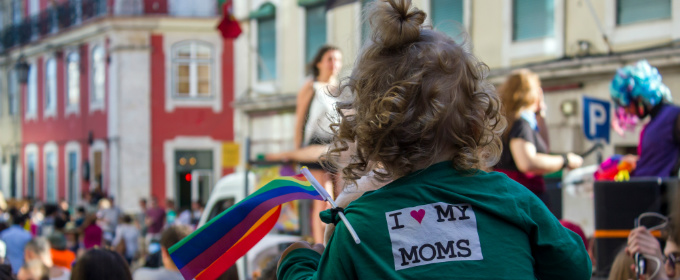Suzanne Gower, PhD researcher, and former managing director of the legal charity APPEAL shares her thoughts on the long-awaited report of the Westminster Commission on Miscarriages of Justice, “In the Interests of Justice”. Suzanne played a leading role in helping establish the All-Party Parliamentary Group on Miscarriages of Justice (APPGMJ). She then worked to set […]









